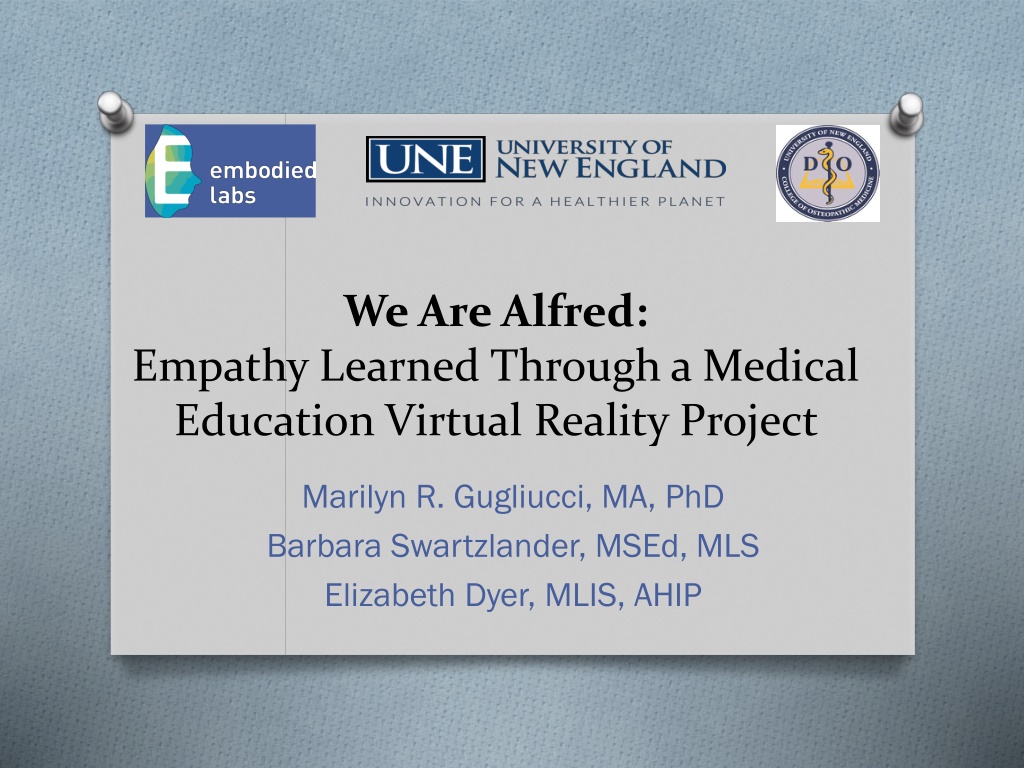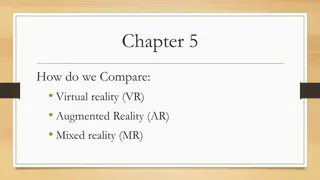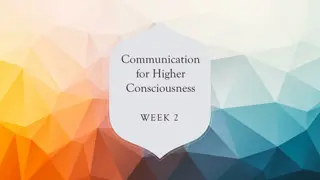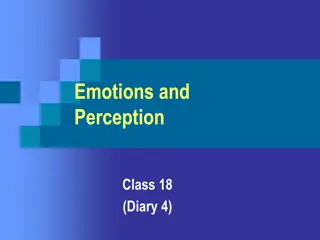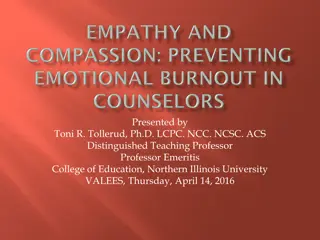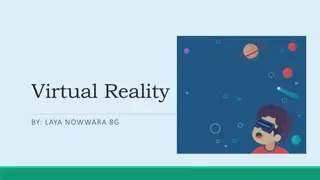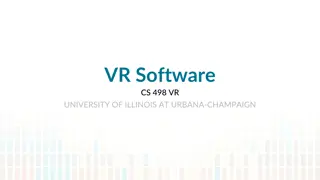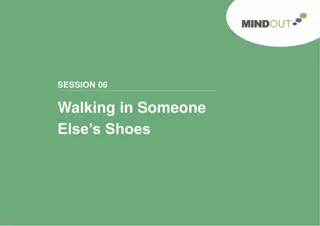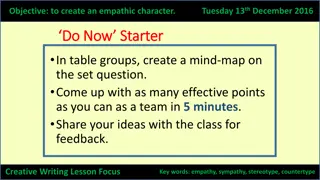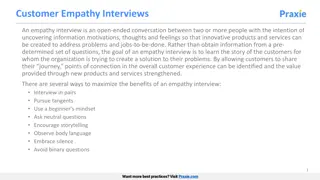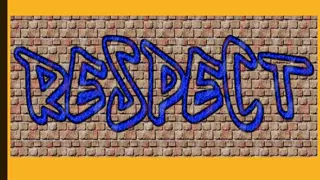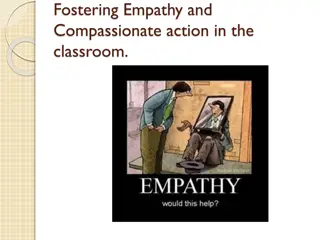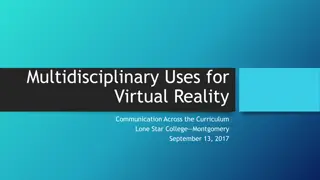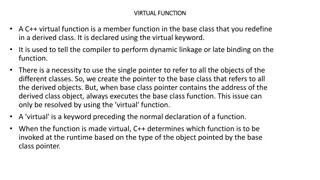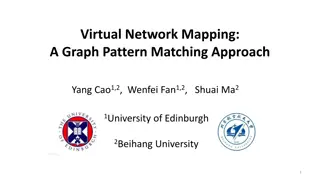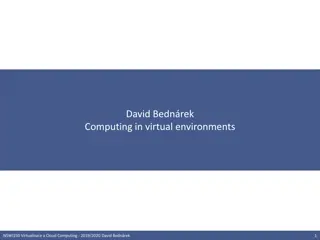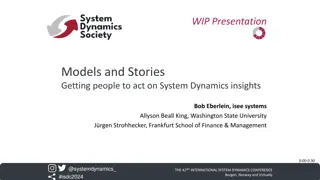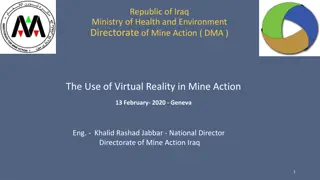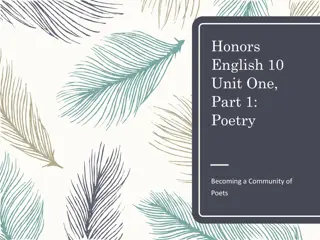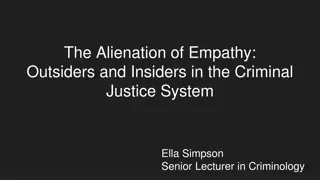We Are Alfred: Enhancing Empathy in Medical Education through Virtual Reality
This project focuses on utilizing virtual reality to educate medical students about caring for older adults, particularly those with Macular Degeneration. By immersing students in the experiences of a patient named Alfred, significant increases in empathy and understanding were reported, highlighting the effectiveness of this innovative educational approach.
Download Presentation

Please find below an Image/Link to download the presentation.
The content on the website is provided AS IS for your information and personal use only. It may not be sold, licensed, or shared on other websites without obtaining consent from the author. Download presentation by click this link. If you encounter any issues during the download, it is possible that the publisher has removed the file from their server.
E N D
Presentation Transcript
We Are Alfred: Empathy Learned Through a Medical Education Virtual Reality Project Marilyn R. Gugliucci, MA, PhD Barbara Swartzlander, MSEd, MLS Elizabeth Dyer, MLIS, AHIP
Introduction O Those 65 years and older use more than 50% of health care resources. O As the older population increases and lives longer, their health care utilization is predicted to increase dramatically. O We have an obligation to train our future health care providers to work with older adults. O Innovative learning modalities, such as virtual reality, augment medical students learning about older adult health care. O We Are Alfred Virtual Reality provides such a platform teaching about Macular Degeneration while instilling empathy.
Learning Objectives O Participants (Faculty, Medical Students/Health Professions Students) will be able to: O Learn how to implement virtual reality education modules in medical and/or health professions education O Discuss the role of virtual reality case study immersion as a viable education modality O Understand how virtual reality technology can be utilized as a health/medical education tool.
Methods First year medical students (N=175) were required to complete the We Are Alfred Virtual Reality (VR) module (15 min) and a pre/post test. O 51% Female / 49% Male O Average age: 25.4 O Age range: 21 - 44 O 63% from New England O Four computer stations were constructed at the university library in which the students had 24/7 access. The students assumed the role of Alfred, a 74 y/o African American male with macular degeneration and hearing loss. We Are Alfred" utilizes a virtual reality headset, headphones, and a hand- tracking device to immerse students into Alfred s experiences as a patient. Descriptive statistics and t-tests were applied for data analyses. Funding for the project: National Network of Libraries of Medicine New England Region (NN/LM NER) Technology Grant O O O O O
Results O Learning was broad and significant O 94% reported increased empathy O 92% reported increased learning about macular degeneration O 90% reported increased learning about hearing loss.
Results What words come to mind when you hear older people or aging? Pre Test Adjectives Pre Test Adjectives Post Test Adjectives Post Test Adjectives O Misunderstood O Complicated O Misunderstood O Frustration O Can t generalize what aging means for everyone O Slow O Elderly O Frail O Illness O Death
Students Representative Comments O This was definitely a unique experience - I had no idea that sensory deficits of this proportion were actually fairly common in the aging population, and it has really opened my eyes to what elder individuals may be going through. O This experience was truly eye-opening and I thoroughly enjoyed it O We're all, for the most part, healthy and capable 20 somethings with no sense of what it means to have macular degeneration or any other type of serious degenerative illness. I don't think this experience necessarily gives us the perfect foundation but what could? It's a great first step! . O I loved this experience because I think it's an incredible step forward to incorporating technology into our curriculum and creating a fundamental understanding of some of the symptoms our patients may be experiencing.
Conclusion O Virtual reality was deemed a successful medical education learning tool for these medical students. O Utilizing this technology to create an immersive case study taught these medical students about the aging experience from the first- person patient perspective.
Thank you! Embodied Labs for their creativity in designing this project and their support throughout UNE IT Staff Library Staff and Student Workers National Network of Libraries of Medicine New England Region (NN/LM NER) Technology Grant
